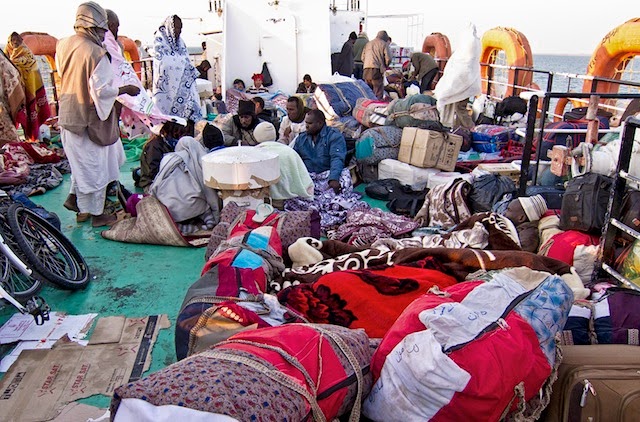On 15 May, a Khartoum court sentenced 27-year old Mariam Yahia
Ibrahim Ishag to death for apostasy for the supposed crime of converting
to Christianity. The sentence was handed down after Ms. Ishag — who was
pregnant at the time and has since given birth in prison – refused to
recant her faith.
Sadly, her case represents a pattern of violations of
fundamental religious freedoms in Sudan, which instituted the death
penalty for apostasy in 1991. This is the case in only three other
African countries: Nigeria (in some northern states), Mauritania and
Somalia.
Such religious intolerance in Sudan is an oxymoron, as
the country, even with the loss of South Sudan, still remains one of the
most diverse countries in Africa.
Sudan is home to sizable minorities
with distinct cultural heritages and languages; as well as religious
minorities, including Christians of various denominations, and followers
of traditional African religions.
But since 1989, following the
Islamist–sponsored military coup led by President Omar al-Bashir, the
Government has treated Islam as the official state religion, instilling
in the country’s laws, institutions and policies.
Since, thousands of
non-Muslims have experienced discrimination at the hands of the state.
Human rights groups have documented numerous cases of state-sponsored
discrimination, including the destruction or confiscation of churches.
Thousands of non-Muslims have also been forced to convert to Islam,
priests and church leaders have been persecuted, and thousands of
Christians punished according to
Sharia law.
Yet, Christianity boasts a long and rich history in northern Africa, including northern Sudan, dating back to the first century.
Read the entire opinion piece.
Many followup stories are identified here.


